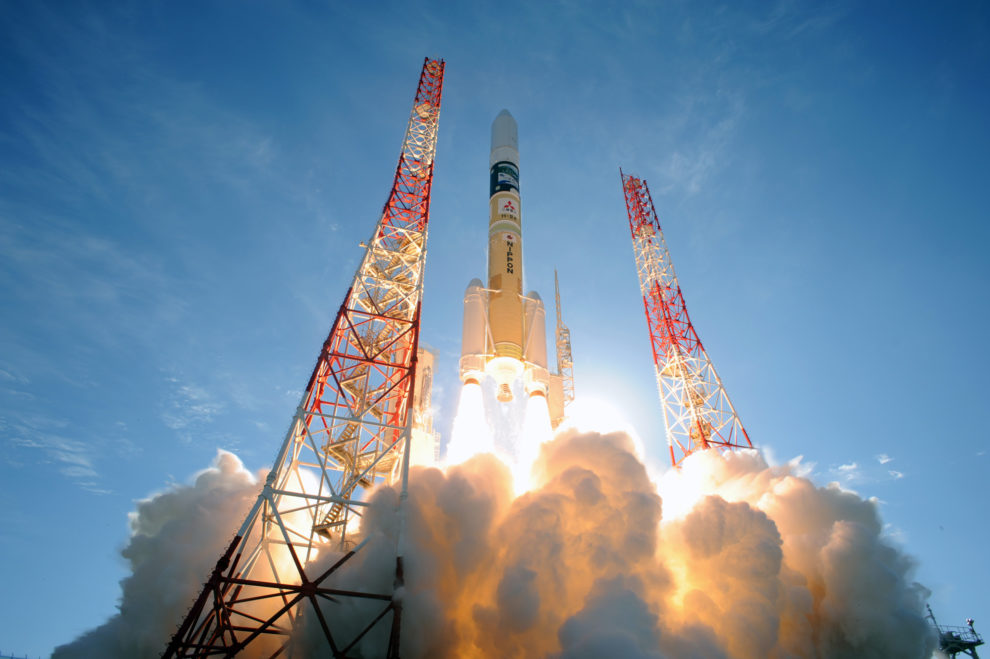The Mohammed Bin Rashid Space Centre and The United Arab Emirates commenced the first interplanetary expedition “the Emirates Mars Mission” riding the Japanese H-2A rocket. The rocket departed Earth on Sunday on a seven-month dual scientific mission to Mars.
UAE seeks to join other nations in advancing space knowledge
The exploration dubbed Al Amal which means “Hope” seeks to prove UAE’s determination to grow its space program. The Emirates Mars Mission program which commenced in July 2014 sought to place an Emirati probe on Mars by 2021. It seems that Emirates has lived to that goal after launching the mission in collaboration with Mitsubishi Heavy Industries from the Tanegashima Space Centre in Japan.
At the time of announcing the mission back in 2014, UAE Prime Minister and Vice president Sheikh Mohammed bin Rashid Al Maktoum had stated that the program will convey three vital messages. To begin with, it will be a reminder that the Arab civilization was important to human knowledge and they are ready to play the role again. The second will be proving to the Arab people that nothing is impossible and they can compete with other first-world nations in knowledge. Equally, Maktoum stated that the third message will be there is no limit to ambitions for those who want to get to the top even reaching space.
Mission to study Martian weather
The Mars Mission has a digital camera for imaging the Martian surface, ice clouds, and dust storms. Equally, it has spectrometers that will measures constituents at various levels of Mars’ atmosphere. Most importantly the science payload will enable researchers to correlates whether there is a prolonged trend of atmospheric loss which is the process of stripping molecules away by the solar wind.
Sarah Al-Amiri the lead scientist of the Mars mission and UAE’s minister for advanced sciences indicated that they are launching a weather satellite which is one of the objectives of the Mission. She added that the other objective is to look at the role of Mar’s weather in the atmospheric loss. This makes Emirates Mars Mission the first to probe the Martian atmosphere.









